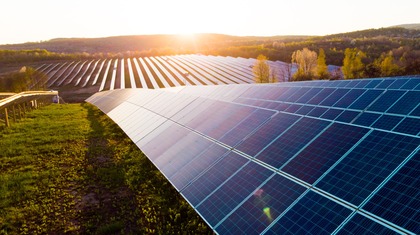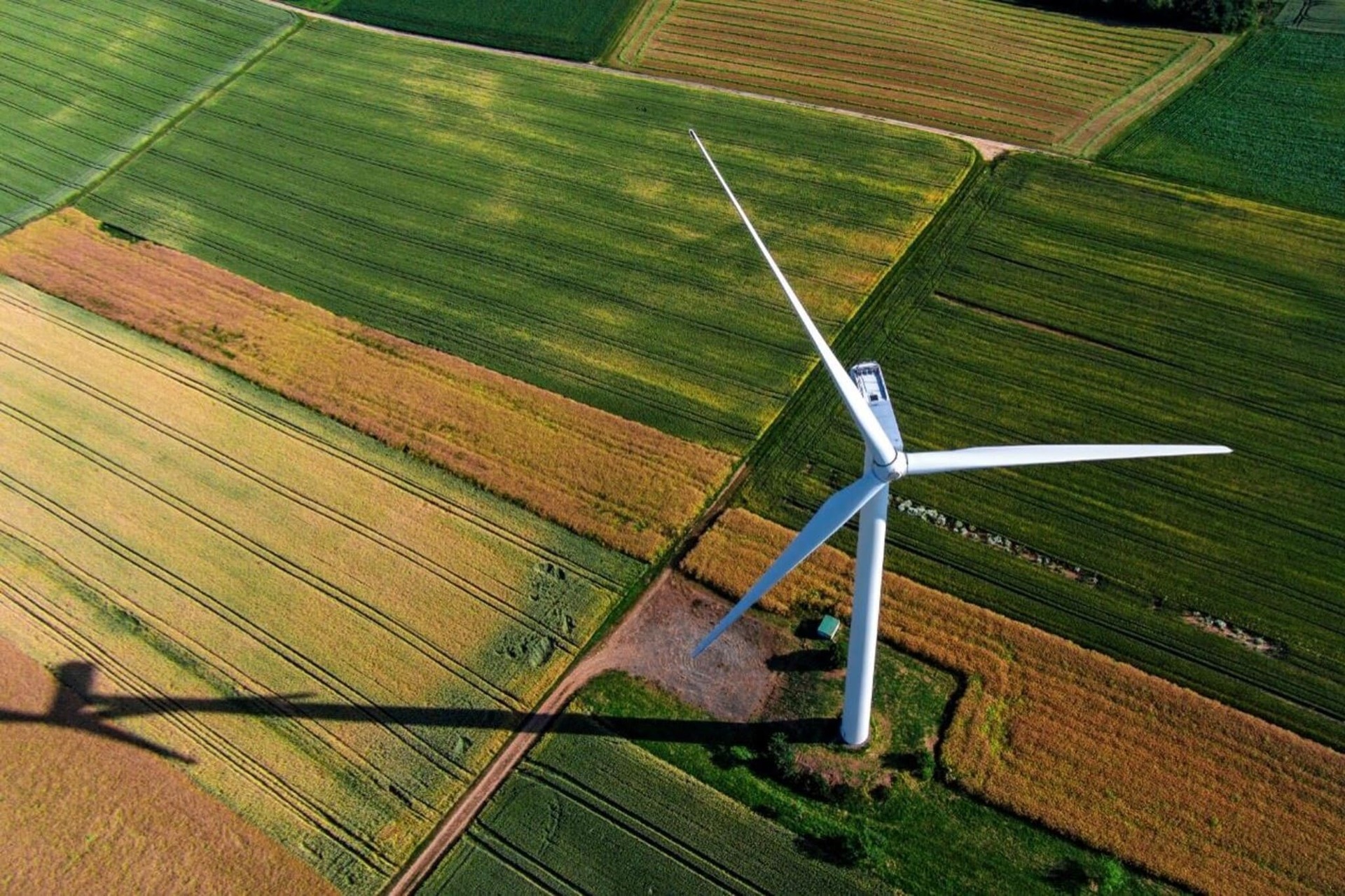Hitting reset: Reforming Britain's fuel mix reporting to build consumer trust
The UK's energy landscape is undergoing a rapid transformation. SmartestEnergy calls for a comprehensive reform of Britain's fuel mix reporting to increase transparency and build consumer trust.

Understanding the challenge: A call for transparency
The UK's energy landscape is undergoing a rapid transformation, with a strong focus on decarbonisation and a commitment to a cleaner energy future. However, the current system for tracking and disclosing the origin of electricity lacks the transparency and accuracy needed to empower consumers and drive investment in renewable energy.
Hitting reset: Building consumer trust in Britain's clean electricity future
To address this challenge, SmartestEnergy, a leading energy company committed to decarbonisation, calls for a comprehensive reform of Britain's fuel mix reporting to increase transparency and build consumer trust:
The problem:
- Voluntary reporting: The current system relies on voluntary reporting, leading to gaps in data and undermining the effectiveness of fuel mix disclosure.
- Unreliable residual mix: The data used to calculate the "residual mix" (electricity not directly sourced by a supplier) is outdated and doesn't reflect the changing energy landscape.
- Inaccurate import tracking: Imported electricity, especially from Europe, lacks a reliable verification system to track its environmental impact.
- Annual matching: Annual matching of renewable energy attributes doesn't reflect real-time fluctuations in supply and demand, hindering investment in renewables.
Our proposal:
We propose a comprehensive reform of Britain's fuel mix reporting to increase transparency and build consumer trust:
- Mandatory origin certification: Every electricity producer, regardless of source, must obtain a certificate for each MWh of energy generated.
- Full disclosure: Suppliers must disclose the origin and environmental characteristics of all electricity they supply to consumers.
- Strengthened verification: Replace Generator Declarations (GENDECs) with Certificates of Origin for non-renewable generation, aligning with international practices.
- Real-time matching: Shift from annual matching to a system with quarterly, monthly, and ultimately more granular matching of energy certificates with electricity flows
Timeline for change:
- 2025/26: Implement full production and consumption disclosure.
- 2026/27: Begin quarterly matching.
- 2027/28: Transition to monthly matching.
- 2029/30: Achieve more granular matching (requires technical adjustments to the registry).
Benefits:
By reforming fuel mix reporting, we can empower consumers to make informed choices about their energy consumption, incentivise investment in renewable energy infrastructure, and accelerate progress towards a truly decarbonised electricity grid in Great Britain.
Together, let's build a cleaner and more transparent energy future for Great Britain. Download the full executive summary below.


